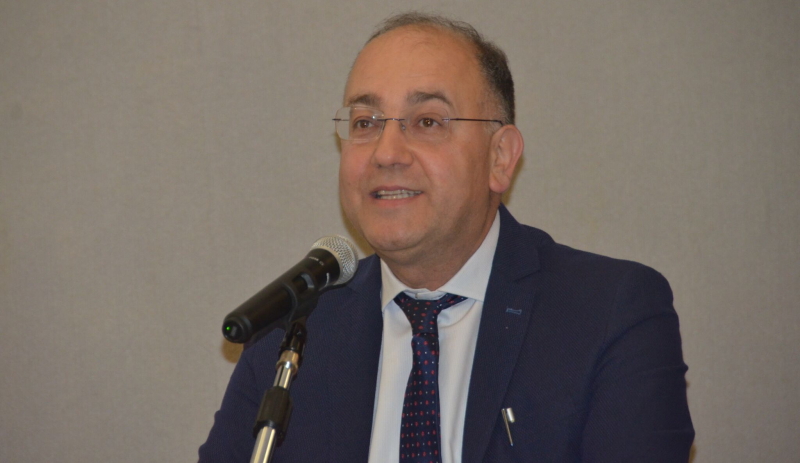
Luigino Bruni
The venue chosen for the
Economy of Communion’s 25th anniversary celebrations was
the Philippines which has experienced centuries of economic inequality. The events began with a two-day forum at the
University of Santo Tomas (UST) with 200 students and economists from different countries, and conclude with the signing of a
Memorandum of Understanding (MOU) for the strengthening of solidarity between the university and the EoC. The anniversary goes back to May 29, 1991 when the idea of the EoC project was conceived by
Chiara Lubich to resolve the problems of social inequality by placing people, especially the poorest people, at the centre of every economic project. The EoC project now involves more than 800 businesses around the world.
The celebration then moved to Tagaytay City, at the Focolare’s permanent Mariapolis Pace where a Pan-Asian congress titled “Economy of Communion, an economy for all” was held. It provided a forum for presenting several EoC businesses from Asia like the
Bangko Kabayan, a rural bank that gives micro-credit loans to more than 11,000 clients in the Batangas Province of the Philippines; the Focolare carpentry business in Manila, Philippines; a consulting firm for business development; and Kalayaan Engineering with over 2000 employees that builds air-conditioners. The Sumsimidang Group, one of the best restaurants and pastry shops in Korea, was also presented. Each of these businesses are directed by business owners whose businesses abide by the law and in accordance with sustainable development, placing the human person at the centre and freely earmarking a portion of the profits for the poor.
Several economists gave presentations, including: Anouk Grevin from France, Luca Crivelli from Switzerland, Anette Pelksman-Balaoing from the Philippines, who teaches in Holland, Lorna Gold from Ireland,
Luigi Bruni, international director of the EoC project, and others. Bruni suggested that
for any charism to survive it has to stay faithful to the initial questions. Can businesses be instruments of communion? Can brotherhood have a place in the market? Is it possible to imagine a society without any more poor people in it? Recalling what Chiara Lubich had said when she founded the EoC, Bruni emphasized that solutions have not yet been found for the needs of the poor. Therefore the EoC must continue on its path which he sees as a calling. Bruni went on to say that Asia had been chosen as the site of the international event precisely because it has the very same segments of society that so struck Chiara when she was in Brazil in 1991. “Within fifteen years,” he observed, “Asia’s GDP will be double that of the United States and Western Europe. The future of the world therefore depends on the type of economy that will develop in Asia. Celebrating the EoC’s 25
th anniversary here recognizes the significance of this type of economy in the Asian continent.” In her message given from Kenya, Maria Voce writes: “This is an economy that regards relationships amongst people that are based on mutual love for healing inequalities.” . . . “This is why, with the support and courage of Pope Francis, we need to allow ourselves to be reinfluenced by the urgency Chiara felt in
building a society with each other in which the communion of goods in freedom will be realized and shared more and more.” The congress concluded with three important resolutions: (1) the establishment of an international network of business incubators to support young businesses and businesses by women; (2) the creation of an observatory on poverty to ensure that the war on poverty is always central and consistent with the spirit of the EoC; (3) the multiplication of Lab-Schools, technical, professional and business workshops that are geared towards young people. https://vimeo.com/168297829
0 Comments